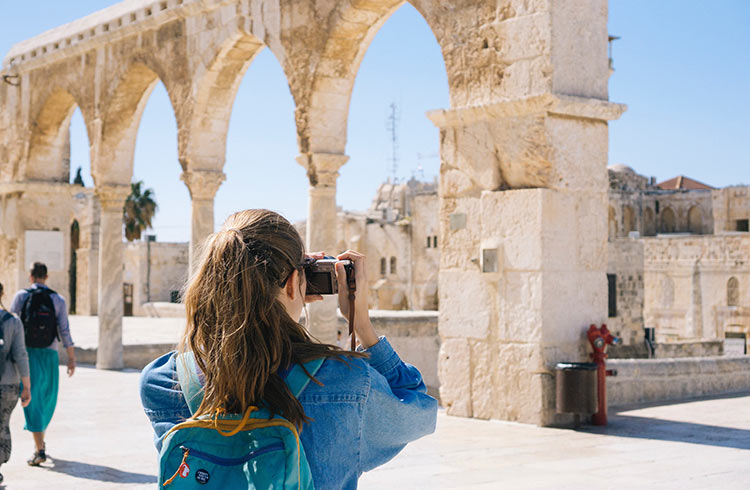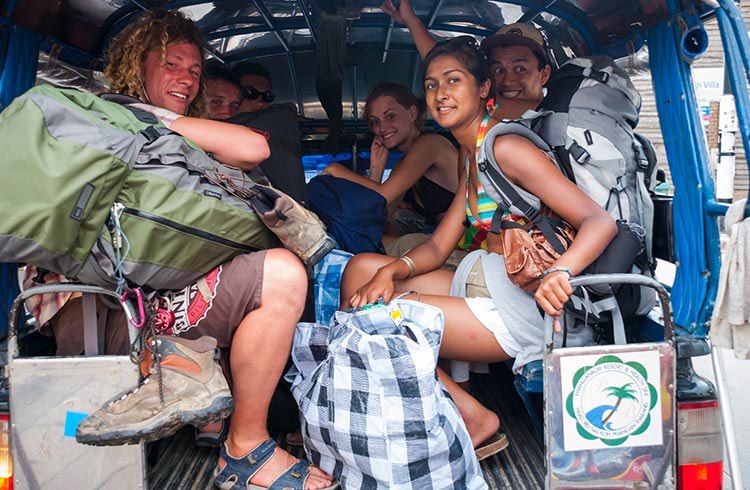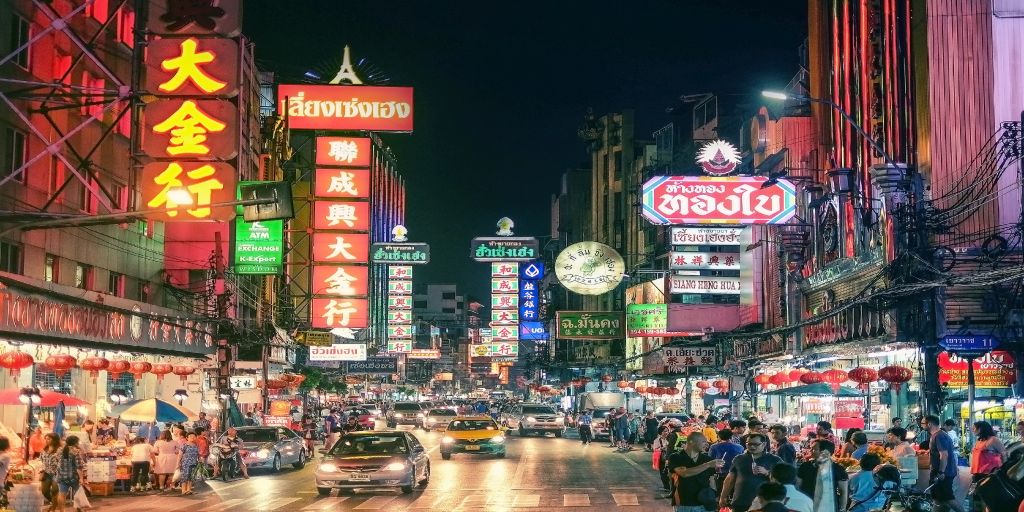10 Safety Tips for Travelers Arriving in a New Country
Once you’re clear of the airport, your chances of getting ripped off are drastically reduced. Mark Eveleigh gives us ten safety tips on arrival into a new country.
 Photo © Photo by Haley Black from Pexels
Photo © Photo by Haley Black from Pexels
The world is populated with wonderfully hospitable, friendly and delightful people. Unfortunately, our first experience of any new destination is normally the frantic arrivals terminal of an international airport.
Every country has its share of con-artists and hustlers, and they all know that airports are the best hunting grounds for naïve new arrivals.
Whether you’re a first-time gap-year backpacker or an experienced globe-trotter, here are 10 hard-won tips to help you get through the first few hours in your new destination.
1. Red-eye special
When you’re booking flights, plan to arrive early in the day. A morning arrival leaves you with ample time to negotiate the transfer to your hotel or onward travel.
Arriving late at night adds to the pressure and leaves you feeling disoriented in a city you can’t see. Also, some airports have less security on patrol at night and taxis or buses may be erratic.
Likewise, book the departure flight for the afternoon, so there’s no rush to get to the airport.
2. Buy yourself some time
If budget allows, consider upgrading to a hotel that offers an airport shuttle. There’s nothing more reassuring than having somebody meet you at arrivals with a name card and a big smile. An upgraded hotel also gives that feeling of security, buying you an extra 24 hours in which to find your feet and learn the ropes in a new city.
3. Lose the tags
Those baggage tags looped into the straps of your backpack speak loud-and-clear to every hustler in the city: ‘JOJ!’ they scream (Just off the Jet), or ‘FOB!’ (fresh off the boat). You might as well scrawl NAÏVE across your forehead in permanent marker.
Some airports have staff at the exit cross-referring passengers with their baggage but, once you’re beyond the checkpoints, lose the evidence as fast as possible and try to look like you’ve been around for ages.
4. Learn the basics
Indecisiveness is what hustlers are looking for and a bemused expression and the brand-new guidebook gripped in white-knuckled fingers is a dead giveaway. Try to get enough prior information so that you can look confident and keep moving.
No two airports have the same transportation system so try to tag on behind travelers who look local and follow their cue…or queue.
5. The ‘domestic’ bolthole
Most major international airports also have a domestic terminal attached. Freed from the betraying evidence of those international baggage tags, you’re likely to find that the domestic terminal is infinitely less stressful…and is a less likely honeypot for hustlers.
If you’ve arrived early this terminal might be the best area in which to wait: cafes prices are often more representative of local norms and even taxis could cost less here.
6. No hurries, no worries
Take your time and don’t get rushed into anything. The best way to spend the first hour in a new country is often simply to find a quiet café table from which to check the lay of the land. Just sit and people-watch while you make a plan. There’s the added benefit that anyone who might be ‘people-watching’ you will get the impression that you’re relaxed and in control of the situation.
7. Know your notes
It helps to arrive with some cash in the local currency so that you don’t have to stop at an airport ATM. (Juggling bags while fiddling with a wallet is a recipe for disaster).
Be aware of the exchange rate and have an idea of what your airport transport is likely to cost. Once you have local cash familiarise yourself with the notes: you don’t want to pay 10-times the going rate for a taxi simply because you thought you were handing over purple 10,000 rupiah notes when you were actually showering the driver with pretty pink 100,000s.
8. Tongue-tied
In many countries where haggling is the norm the mere ability to be able to ask the price in a local language (and to understand the reply) can snag you a 30% discount on the starting price.
A few words in the local language gives the impression that you know your way around but, most importantly, it shows the level of respect you have for your hosts.
9. Stack the cards in your favor
Carry at least two credit cards, stashed in separate bags. Don’t get stranded simply because your only card was stolen, lost or eaten by a machine. One of the accounts should be loaded only with minimal funds and topped up as needed so that you have a card to use anywhere you think security might be compromised. Have a backup plan in place so that family/friends can wire funds in a worst-case scenario.
10. Taxi!
At airports take the official taxis, rather than the random ‘guys with cars’ who haunt arrival areas. An exception to this rule could be if Grab or Uber are available. These apps have brought a sort of democracy back to the world of taxis with rates that are the same whether you’re a local, an expat or a greenhorn tourist.
Since you simply input the destination on your phone there’s no need to embark on complex explanations into where you need to go. You can link your card to make the transactions cashless and there’s even an ‘emergency’ button.
Related articles
Simple and flexible travel insurance
You can buy at home or while traveling, and claim online from anywhere in the world. With 150+ adventure activities covered and 24/7 emergency assistance.
Get a quote


No Comments